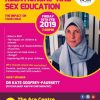NOTE: This article was written in late June 2024, before the July 4th national elections in the UK that were won by the Labour Party. It refers to ministers from the Conservative Party who are now no longer in office. However, the overall points we raise about the place of religion in schools are still very urgent and relevant.
On 16 April 2024 a female Muslim pupil lost her High Court challenge against the banning of Muslim prayers at Michaela Community School, a secular secondary ‘Free School’ in London. Those of us who have been monitoring and challenging the encroachment of religious fundamentalism in schools and colleges breathed a collective sigh of relief at this Court Ruling. This significance of this case impacts on the rights of all pupils; and in particular, the principle of freedom from religion; and this is a central issue for Muslim girls particularly in terms of safety, choice and self-determination. This ruling takes place in a context where for many years, religious fundamentalists have been seeking to exercise disproportionate influence in the running of schools, and indeed to taking control of many schools in a manner that is very often facilitated by government policy, as we detail below.
Michaela School is located in the highly multicultural London borough of Brent and has around 700 pupils from diverse ethnic and religious backgrounds, with around half from Muslim backgrounds. The School Head, Katherine Birbalsingh, is a controversial figure who was at the centre of an ITV Documentary which dubbed her ‘Britain’s Strictest Headmistress’ (ITV 22/5/20222). Birbalsingh is closely allied with the Conservative Party and is a champion of the policy of ‘Free Schools’ policy (which are schools funded directly by central government, outside the auspices of Local Education Authorities). In the field of education, Birbalsingh has taken a highly disciplinarian approach to the running of her school which has involved a rigorous implementation of “tough love – authorative” approach to education . Alongside this is her mission to minimise the social distance between the pupils in order to encourage them to see themselves as a “team” whilst at school. It was in this context that the Head and the school governing body refused the demands made by a Muslim pupil (the claimant in a High Court case) to be allowed to perform Muslim prayer rituals during the lunch break on the school premises. The ban applied to any prayer rituals regardless of religion.
Legal Arguments
The ban on prayers formed the basis of the legal challenge brought by the claimant pupil who had also been excluded from the school for short periods for contravening the school policy on prayers. The case turned on the questions of whether or not her demand for the right to perform prayers breached her human right to manifest her religious beliefs (Article 9 of the European Convention on Human Rights) and whether it amounted to indirect discrimination and a violation of the public sector equality duty which requires public bodies to eliminate discrimination, advance equality of opportunity and foster good relations as set out in the Equality Act 2010.
The school argued that its decision did not amount to an interference with the pupil’s rights since, there were no rigid Islamic rules on the timing of Muslim prayer rituals and in any event, the pupil had chosen to attend a secular school even though she was aware of its strict regime of governance. It also stated that the pupil had been free to attend other suitable schools in the area.
On 16 April 2024, the High Court delivered an 83-page judgment dismissing the pupil’s case. The court accepted the school’s arguments ruling that the pupil claimant’s right to manifest her religion was not breached. On the discrimination point, the court also maintained that the school was justified in its decision because it had to balance the needs of the pupil against the need to achieve the legitimate aims of the school to encourage integration and foster a sense of ‘community’ in the school. It also ruled that any indirect discriminatory effect was justified since the demands of the pupil conflicted with the school’s ethos and rules and was impractical to implement.
Responses to the ruling
The outcome of the High Court case has received the typical ‘culture wars’ framing, which constructs the issues through an opposition between ‘British’ and ‘Muslim’ identities, with the political Right championing ‘British’ values, and with progressive opinion seeing the key question as anti-Muslim racism. For the political Right, the court ruling makes Birbalsingh a champion of “British” values and defender of Britain’s “Christian identity”. (The affair has even been used as an opportunity to make a sideways sweep at protesters demanding a ceasefire in Gaza.) Both the hard-right former British Home Secretary Suella Braverman (who was herself a former Governor at Michaela School) and the current Equalities minister Kemi Badenoch were both fulsome in their praise of the ruling.
Muslim and Race Equality groups by contrast have denounced the ruling as discriminatory against Muslims. The Muslim Engagement and Development NGO (MEND) have stated that the ruling has made it “harder for Muslim students to authentically express their Islamic identities” and “sets a dangerous precedent and could risk encouraging a wave of bans on religious expressionism in schools, and perhaps even beyond into other areas of the public sector.” The journalist Nadeine Asbali has characterised the ruling as “Islamophobic” and as symbolic of a “dystopian, sinister vision view of Britishness”, which she sees as a broader reflection of that way we are “living in an atmosphere that seeks to criminalise Muslimness at every level”. The Runneymede Trust has echoed this position and gone as far as to say that the ruling sets a ”dangerous precedent”. Without bothering to acknowledge the specific facts of the case, it draws connections between the court ruling and the State’s policies on Prevent and counter-extremism to underline its point that Muslim identity is being “policed” unfairly.
Behind the Culture Wars Headlines
These apparently polarised responses obscure the key issues at play within the wider context of UK Education policy. The fundamental direction of Conservative education policy at the moment is to deny the existence of structural inequalities in the British education system. Birbalsingh’s educational emphasis on “hard work and personal responsibility” is lauded by the Right precisely for the way it displaces the impact of gender, ‘race’ and class on educational outcomes – indeed in her statement after the court ruling Birbalsingh dismissed the latter as “identity-politics victimhood”. The policy of ‘Free Schools’ was developed by the Conservative Party precisely to elevate this approach, though even the Department of Education’s own figures illustrate the despite the huge investment in the programme most of these have largely failed to make any impact in student attainment overall.
At the same time, we would argue that this ruling is important for the way it has supported the school in standing up to the divisive and intimidatory impact of identity politics based on religion. The school’s implementation of policies such as serving vegetarian food only so that pupils can “break bread with each other across racial and religious divides” is a valuable attempt to manage diversity and prevent segregation. However rather than framing this as a policy of ‘British values’, what we see as most valuable here is the relationship between secularism and inclusion. It is a poor reflection on the Left that they have so uncritically endorsed religious identity politics that they have to take lessons from an educational reactionary such as Birbalsingh on questions of how to negotiate difference. The idea of seeing a school as a place where staff and students see themselves as part of a shared community of learning has historically been a progressive ideal; and we see secularism as the basis of creating such an inclusive environment.
We particularly welcome the high court’s alertness to the harmful impact of allowing prayers on those Muslim pupils who chose not to be observant. The court noted that the claimant pupil and her friends made demands for the right to pray following a conversation with a visiting headteacher of an Islamic school who encouraged them to ask questions about the behavioural rules of the school including the right to pray in the school yard. Acting on his words, 30 pupils not only defied the school rules on praying but also set about policing and harassing other Muslim pupils who chose not to pray or not to fast or who joined the school choir or rejected the hijab. The consequence was a head on clash with the head and staff who were subject to an online campaign of harassment and abuse that included an online petition against them signed by 4000 people. Prejudicial comments about the school favouring gays and Jews and references to the Klu Klux Klan, slavery and lynching were also posted in support of the petition along with videos on YouTube and Tik Tok accusing the school of Islamophobia. A brick was thrown through the letterbox of the home of a member of staff and a hoax email was also sent to the school stating that a bomb had been planted outside the school. The level of intimidation and threats faced by non-observant Muslim pupils and the staff led to considerable disruption. The school was forced to report matters to the police, engage the services of security guards and to close early for the Easter holidays. Eventually, it also led the school to the ban prayers and to take disciplinary action against the claimant pupil that included exclusion from the school for short periods.
The fundamentalist mindset
What the event above reflects is, as we have argued for some time, the way in which religious fundamentalists across the board see the control of education as a key political battleground.
To this end, fundamentalists have mobilised pupils and parents to make demands for state funding for faith-based schools as well as sex segregated educational spaces, separate dress codes for girls and the right to withdraw children from sex education and other parts of the state school curriculum that do not conform with their religious dogma. It is also the case that government policies, rather than challenging this, have facilitated it. The ‘Trojan Horse Schools affair’ in Birmingham in 2014, was similarly represented as a conflict between ‘liberal British’ and ‘Islamic’ values. What was ignored in this portrayal of the issues was how the space in which religious fundamentalists were so able to promote their agenda in the schools “was provided by government policy itself”. The dispute about Relationships and Sex Education in Birmingham in 2019 was further evidence of the way fundamentalist groups have sought to mobilise parents and target schools and in pursuit of their wider political agenda, to de-secularise and control the school curriculum. There are two key strands to this strategy by fundamentalist forces. The first is through asserting an absolute right to manifest religion in state schools. What occurred in Michaela echoes the issues raised in the high -profile case of Shabina Begum and Denbigh School in 2006, which involved an attempt by Shabina, a young Muslim pupil, to assert her right to wear the jilbab (long sleeved and floor length tunic dress) against the school uniform policy. She argued unsuccessfully that wearing the jilbab was integral to her Muslim beliefs and that the school had discriminated against her by rejecting her demand. However, her argument masked a profoundly sex discriminatory agenda driven by fundamentalist forces. The second strand to this strategy is through setting up faith-based schools in order to opt out of state control and scrutiny. There is a deep irony to the way Conservatives have presented Micheala School as a champion of ‘British Values’ when the Free Schools programme has itself become one of the many vehicles religious fundamentalists have used to establish their control over education.
Conclusion
Religious groups and their supporters have seen the key issue at stake here as one of freedom of religion. While this right is important, it is also essential to situate this alongside the principle of freedom from religion, particularly in a context where religious coercion is prevalent, and not least because of the impact this has on girls and young women, who are more vulnerable to social censure and violent repercussions arising from non-compliance with religious norms. In the 2006 case mentioned above, Shabina Begum made her argument using the language of ‘Muslim female agency’ and ‘choice’; yet had she been successful, the jilbab could then have been institutionalised as a ‘Muslim’ dress code and imposed on the majority of other Muslim girls at the school, regardless of whether or not they wanted it. Cases like these, show how the language of ‘female agency’, ‘choice’ and even ‘human rights’ can be co-opted by fundamentalists to extend control over women and girls. They are targeted precisely because they are deemed to be central to the preservation of patriarchal ‘family values’ and traditional gender roles. Too much knowledge and sexual and intellectual freedom is considered by all religious fundamentalists to be incompatible to marriage and the role of women in the family.
The Micheala School ruling from the High Court was welcome. Yet in the same week that the right wing press and Conservative MPs were showering praise on Birbalsingh for standing up for ‘British Values’ against Muslim identity politics, the Government introduced a change to school admissions policies which meant that faith schools in England would no longer be required to offer half of their places to children of different or no faith . In this case the rationale was not about religion and faith, but about “raising standards”. These absurd contradictions sit within over a decade of Conservative policy experiments which have removed many religious schools from the necessary processes of accountability, in a context where even conservative thinktanks such as the Institute for Fiscal Studies have shown that educational inequalities are as deeply entrenched as
they have ever been. In such a situation there is an urgent need for progressives to reclaim an agenda of integration and cohesion, and this is all the more important in the context of the increasing popularity of a right-wing nationalist politics blaming migrants for economic problems and asserting the incompatibility of Muslims within a ‘European’ polity. In such a context it is crucial for us to understand the multiple dimensions of inequality within education, and to focus on the material dimension of this instead of uncritically supporting the preoccupation with cultural and religious identities. We in Feminist Dissent believe that for a left, feminist and anti-racist political project to be rebuilt in the present context requires us to recover a language of universality (Assiter, 2016), of democratic rights and of the politics of secularism. Secularist approaches are not, as fundamentalists assert, a denial of the right to manifest religious belief. Rather they create the conditions where political debates are not trapped within an impoverished opposition between exclusivist forms of nationalism on one hand and the dogmatic imposition of faith, on the other. Our children, at the very least, deserve so much more than this.
Authors
-

Stephen Cowden has recently begun work as a Senior Lecturer in Social Work at the University of Gloucestershire and also works at the Open University. Alongside his research in Social Work and Critical Pedagogy, he also writes about Religious Fundamentalism, Extremism and Radicalisation. He was one of the editors of Feminist Dissent Issue 4 on ‘Prevent’ (2019) and wrote on Social Work and Prevent for that issue. He is also co-founder of the British Association of Social Work (BASW) Special Interest Group for Preventing Violent Extremism.
View all posts -

Rebecca Durand lives in East London and teaches English for Speakers of Other Languages (ESOL) at a Further Education College. She is an activist and trade unionist.
View all posts -
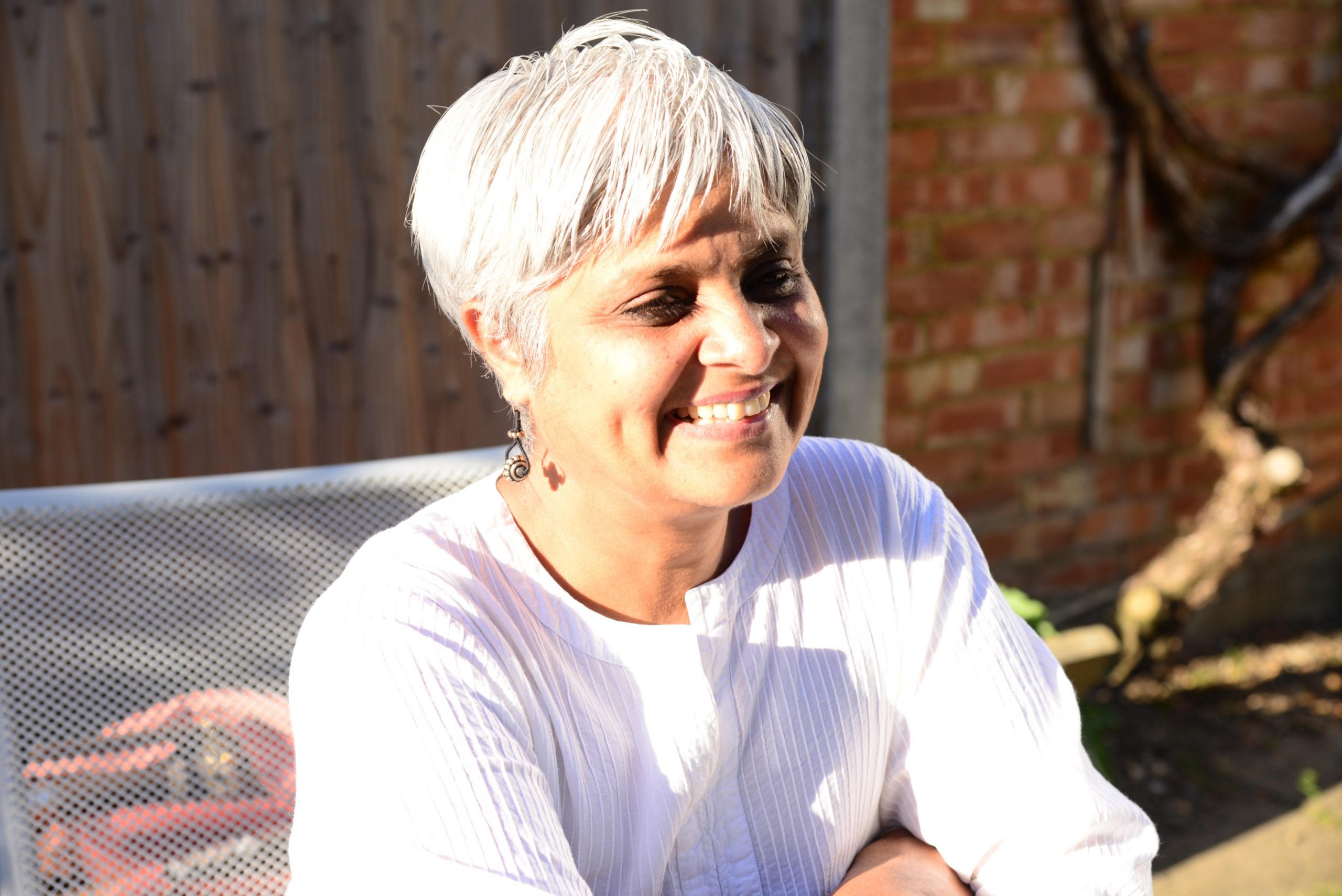
Pragna Patel is a founding member of Southall Black Sisters’ advocacy and campaigning centre and Women Against Fundamentalism. She worked as a co-ordinator and senior case worker for SBS from 1982 to 1993 when she left to train and practice as a solicitor. In 2009 she returned to SBS as its Director. She has been centrally involved in some of SBS’ most important cases and campaigns around domestic violence, immigration and religious fundamentalism. She has also written extensively on race, gender and religion.
View all posts

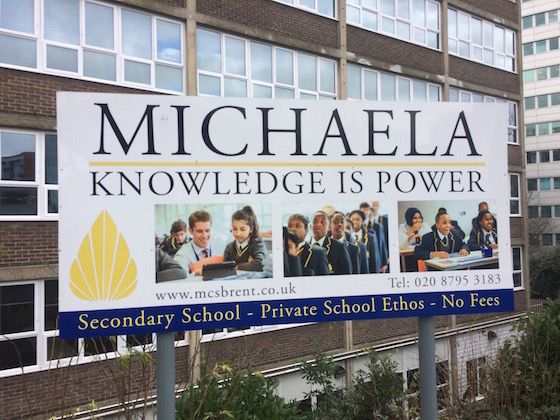
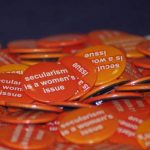

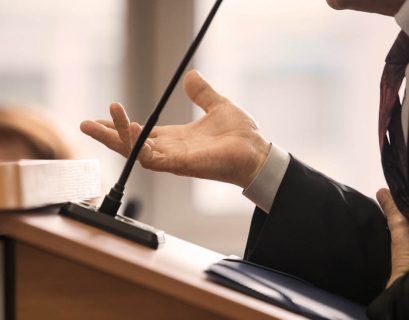
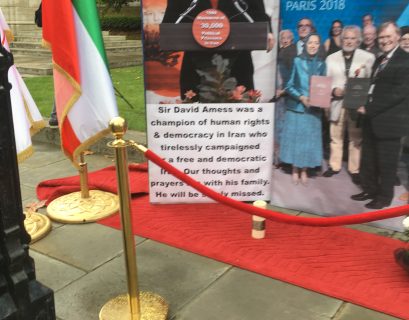
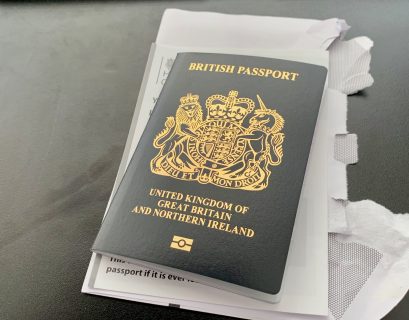
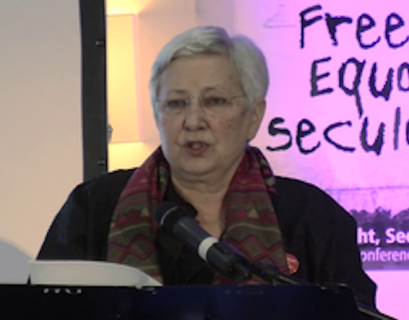
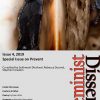

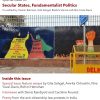
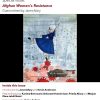

.jpg)
